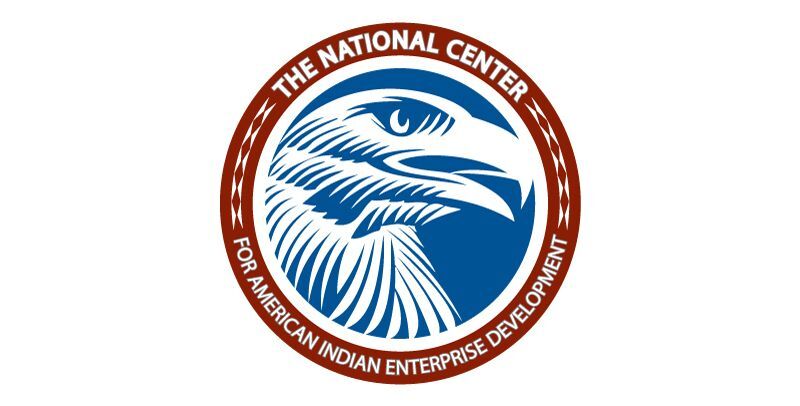
For much of the 20th century, U.S. Census Bureau data revealed a distressing socioeconomic picture that Tribal nations across the United States were trying desperately to escape: the lowest per capita income, the lowest median family income, and the highest family poverty rates of any population in the country. In response, 50 years ago, Congress passed the Indian Self-Determination and Education Assistance Act, which empowers Tribal nations to deploy federal funding to design and implement education, health, public safety, and economic development solutions that fit the needs and goals of their communities.
This reinforcement of Tribal sovereignty has, for example, enabled Tribal nations in Oklahoma alone to generate more than $7.4 billion in revenues to provide programs and services for both Native and non-Native populations. These revenues have bolstered not only Tribal communities but also the state through more than 140,000 jobs and $23.4 billion in goods and services across Oklahoma, tied to economic development led by Tribal nations. In other words, Tribal sovereignty benefits everyone. Beyond economic benefits, Tribal self-determination uplifts the inalienable human rights that matter most to Native people—strong cultural protections, quality education, safe communities, affordable health care, and adequate housing...read more here.


